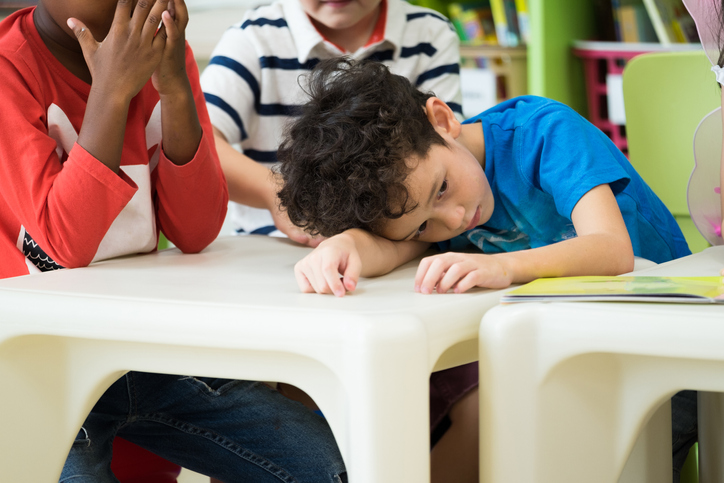When we think of bullying, one of the first things that might come to mind is something physical, such as the act of a child hitting their classmate. However, it’s important to recognize that bullying can take many shapes and sizes, not all of them visible to the naked eye. Relational aggression is a form of bullying common among children, which can be just as harmful, if not more so, than acts of physical aggression.
Relational aggression can be defined as the use of threats or social exclusion tactics to hurt a peer. Children often start using these tactics as early as the age of three. If unidentified and unaddressed, relational aggression can affect a child’s development and lead to negative consequences for them later in life. Here’s what you need to know about relational aggression if you’re interested in becoming an early childcare assistant.
Early Childcare Assistant Diploma Holders Should Be Able to Recognize Relational Aggression
Relational aggression can include telling someone they aren’t a part of the ‘group,’ ignoring someone, spreading rumors about someone, and more. All of these tactics are forms of bullying, and they can harm the development, in both social and emotional terms, of children who are the victims of it as well as the children who perpetuate it. If not addressed by professionals such as those with early childcare assistant training, these children may encounter more difficulties and may require more attention from mental health professionals later in life.
Relational aggression is often more prevalent in young girls, likely because they are more socially mature than boys their age and also more verbal. While relational aggression may occur early on, it is likely to increase as we get older and is associated with problems later on.

Relational Aggression Can Have Serious Consequences
Children who experience relational aggression early in their lives are more likely to experience a host of social and emotional problems later on. Experiencing relational aggression can lead young people to insecurities regarding relationships with peers, and difficulty in achieving social acceptance. The effects of relational aggression on children can also include a higher likelihood of developing depression and anxiety, and can lead to acts of violence or, in extreme cases, suicide.

How Can Relational Aggression Be Discouraged?
Because the effects of relational aggression can be extremely harmful, it’s important for those with early childcare assistant training to know how to counteract it. For one, encouraging social awareness in children from an early age is critical. Children should be able to recognize that bullying might not always be obvious, and in the case of children, showing them how to recognize relational aggression can be helpful. A tactic for helping perpetrators of relational aggression is the use of empathy, asking them to think about how they would feel if they were in their peer’s shoes.
Lastly, children should be taught about the important characteristics of genuine friendship and how to identify warnings that a friendship isn’t serving them well. If children are encouraged to seek positive friendships and relationships, this will encourage them to become more aware of relational aggression and how to remove themselves from a situation in which they are being bullied.
Do you want to work against the occurrence of relational aggression in children?
Check out CBC’s early childcare assistant program today.

